They look cute in the backyard, but they bring chaos, noise, and biohazards most people aren’t ready for.

Bringing home a chicken seems like the next quirky, off-grid flex until your entire life smells like a barn and your patio looks like a poop battlefield. People picture fresh eggs and peaceful clucking, but what they get is noise complaints, surprise diseases, and territorial feather missiles. The reality of backyard chickens is way messier than the Instagram fantasy. If you’re even thinking about it, these ten disasters are practically preinstalled.
1. Chicken poop is everywhere, and it never stops coming.
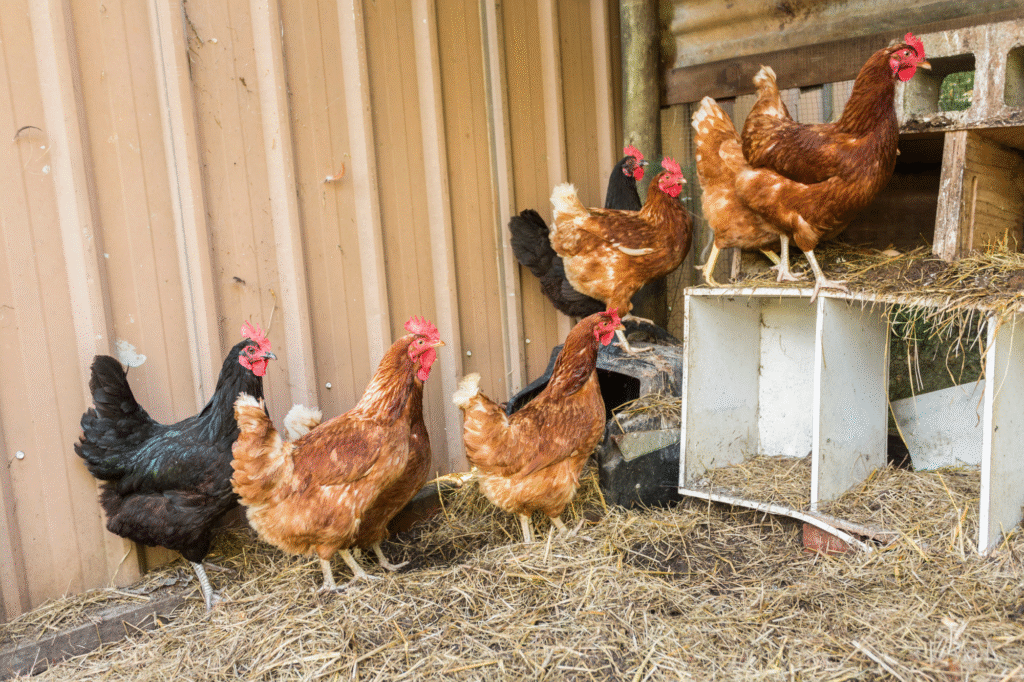
What no one says in the “fresh eggs daily” marketing is that you’ll also get fresh poop hourly. Chickens don’t have bathroom schedules. They go whenever, wherever, and they’re not polite about it. Your porch, your stairs, your shoes—they’re all fair game.
As stated by the University of California Agriculture and Natural Resources, chickens can produce up to 130 pounds of waste per year per bird. That’s not a typo. Unless you’re ready to scrub like it’s your full-time job, your backyard will smell like a compost pile with an attitude.
2. They’re basically Velociraptors with feathers once the pecking starts.
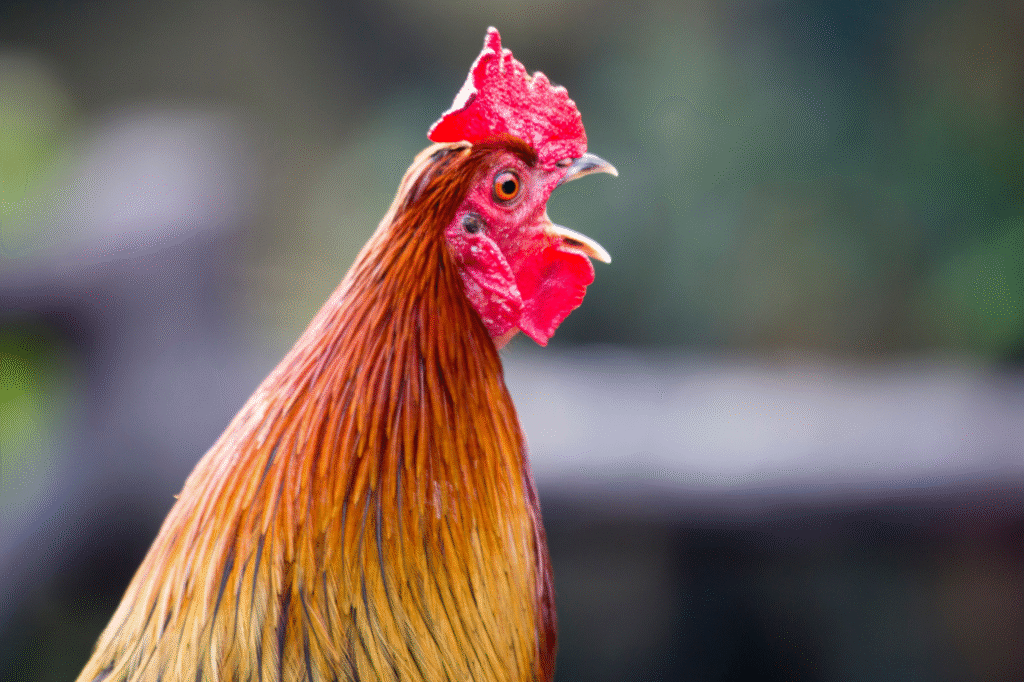
People think chickens are soft and harmless, but once the hierarchy shifts, it gets brutal fast. Pecking order is real, and it’s enforced with sharp beaks and no mercy. Injuries, blood, and constant squawking follow.
According to Michigan State University Extension, aggressive pecking behaviors can spiral into open wounds and even cannibalism if left unchecked. That’s not a typo either. If you think that’s too dramatic, you haven’t watched one chicken go full street fighter on another over a dropped grape.
3. Chickens carry bacteria that can absolutely make you sick.
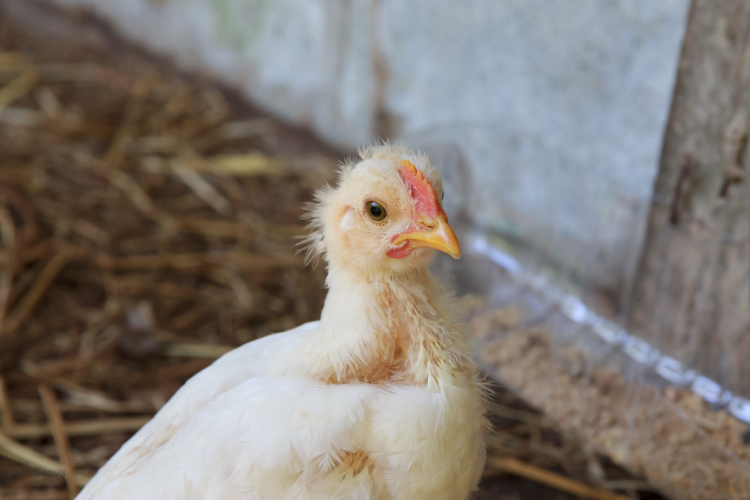
Your cute backyard hens can spread salmonella like it’s a party favor. The CDC reports that even healthy-looking chickens can pass salmonella to humans just by being handled. That means every egg, every cuddle, every coop cleaning comes with biohazard potential.
This isn’t just an issue for people with weak immune systems either. Even minor lapses in hand washing can turn your quirky pet trend into a stomach-turning regret. And the worst part? Kids are most at risk, and they’re always the ones sticking their hands in the coop.
4. Your neighbors probably already hate the sound of them.
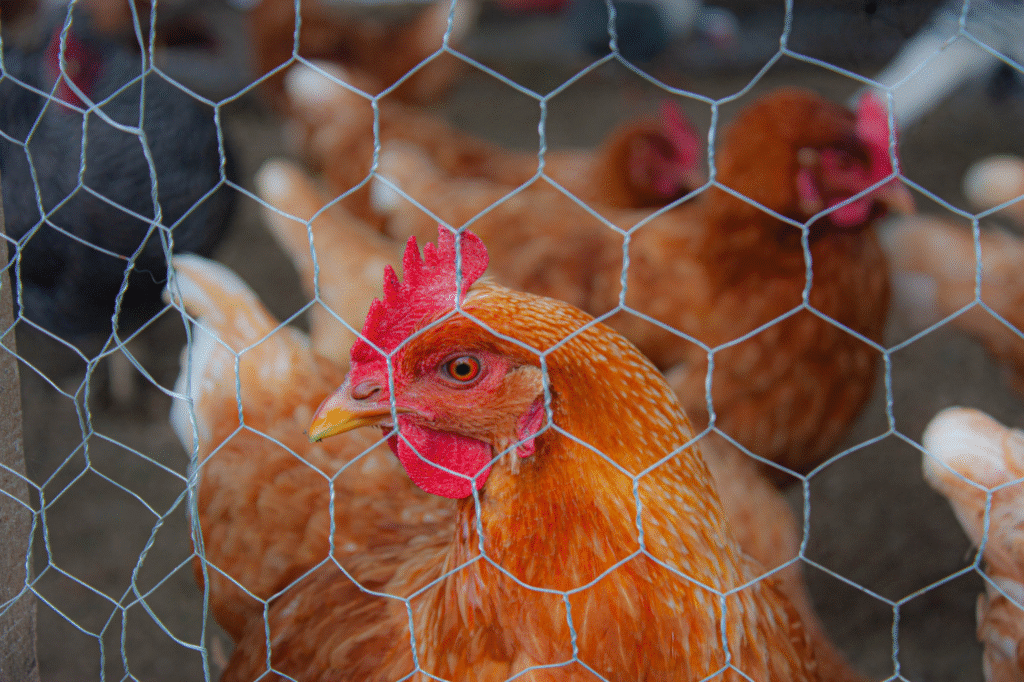
It’s not just roosters. Hens also scream. They shriek after laying an egg. They cry when another hen gets food first. Some just make noise because they like hearing their own voice. It’s not charming. It’s deeply unhinged.
Sound carries, especially at 6 a.m. when your neighbors are trying to sleep. And city ordinances don’t always side with you when the complaints start rolling in. Once the noise starts, there’s no off switch unless you’re ready to invest in heavy fencing and maybe bribery.
5. You’re on predator duty 24/7 whether you like it or not.
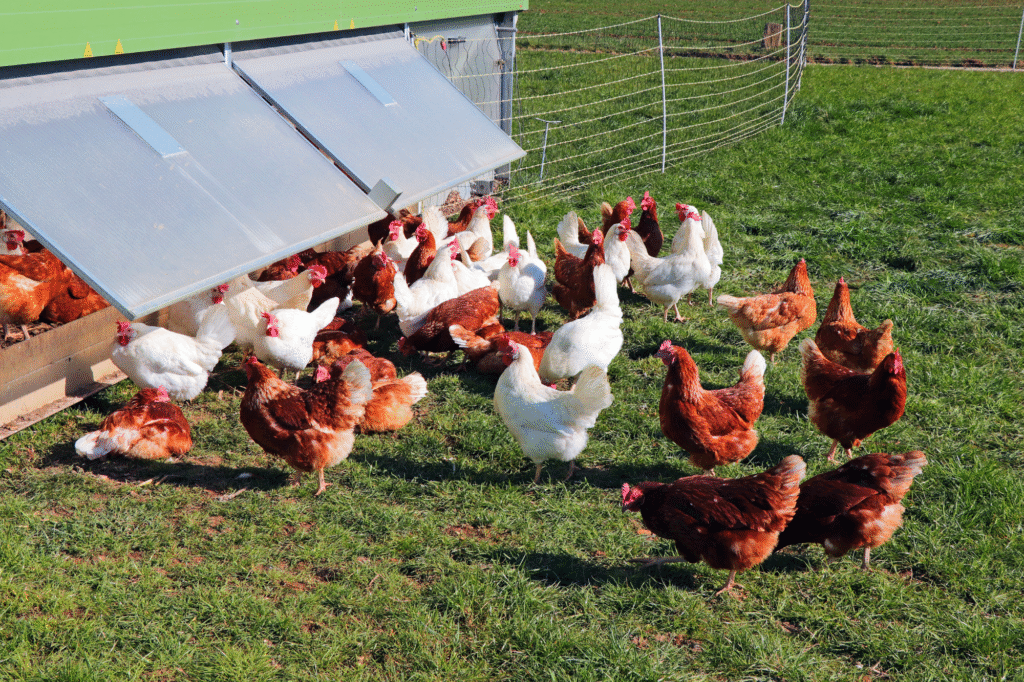
Backyard chickens are basically an all-you-can-eat buffet for raccoons, foxes, hawks, and the neighborhood cat with bad intentions. If your coop isn’t built like Fort Knox, you’ll wake up to a crime scene.
Even in suburban areas, predators show up fast. Once one finds out about your flock, they keep coming. That means reinforcing every inch of the setup, checking locks daily, and dealing with the emotional mess if something gets through.
6. One gets sick and suddenly you’re a poultry nurse with no sleep.
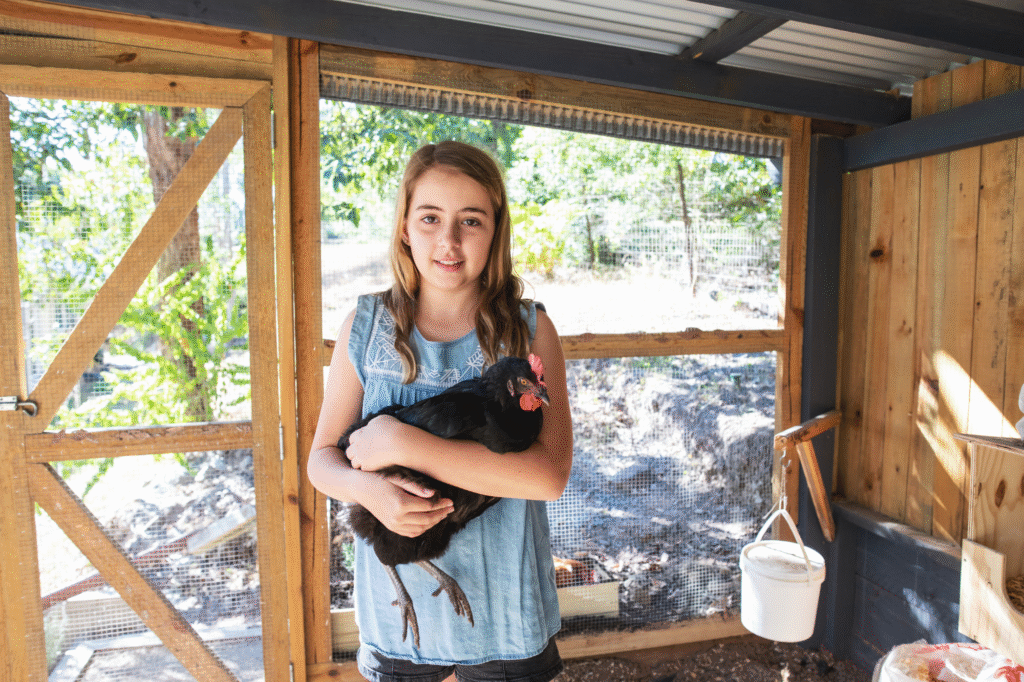
Sick chickens don’t just bounce back. They decline fast and usually need quarantine, special food, heat lamps, and around-the-clock care. Most vets don’t see chickens, so you’re DIYing treatment in your laundry room with Google and panic.
And if you don’t isolate in time, it spreads to the rest of the flock. Chickens hide symptoms until they can’t. By then, it’s often too late. You went from quirky backyard eggs to small-scale farm triage in less than a weekend.
7. Egg production isn’t reliable, and eventually it just stops.
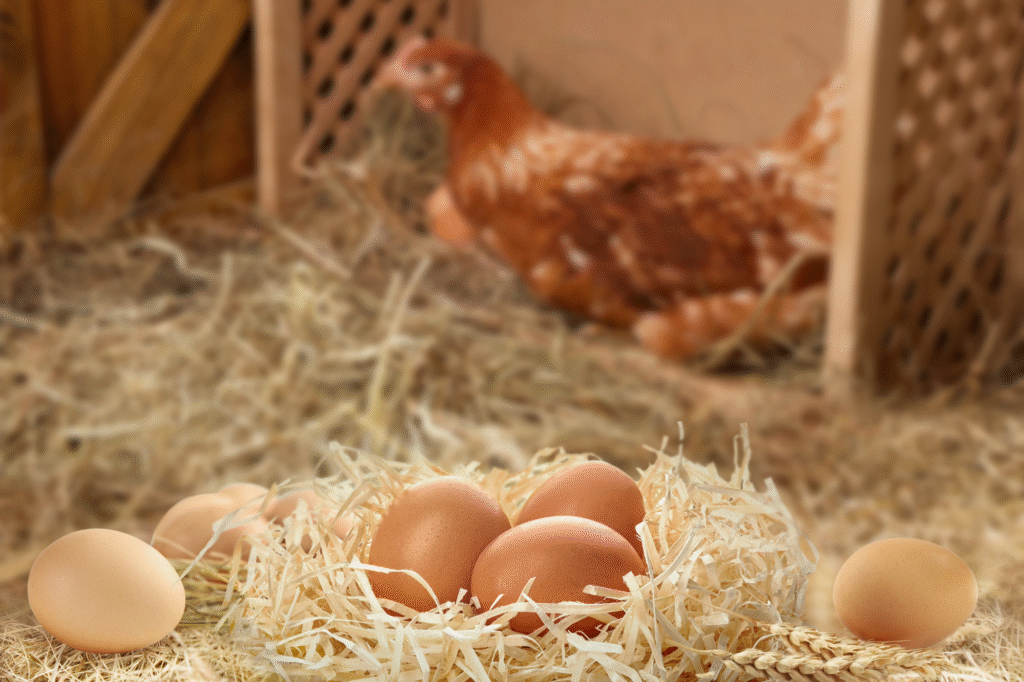
The cute basket-of-eggs lifestyle works for a while, but chickens don’t lay forever. They slow down after a couple years and eventually retire completely. At that point, you’re feeding and cleaning up after freeloading birds with no return.
Most people don’t have the heart to cull a pet chicken, so the non-laying hens stick around, costing money and making messes without giving anything back. Suddenly those organic eggs look a lot less budget-friendly than store-bought.
8. They destroy every inch of landscaping they can reach.
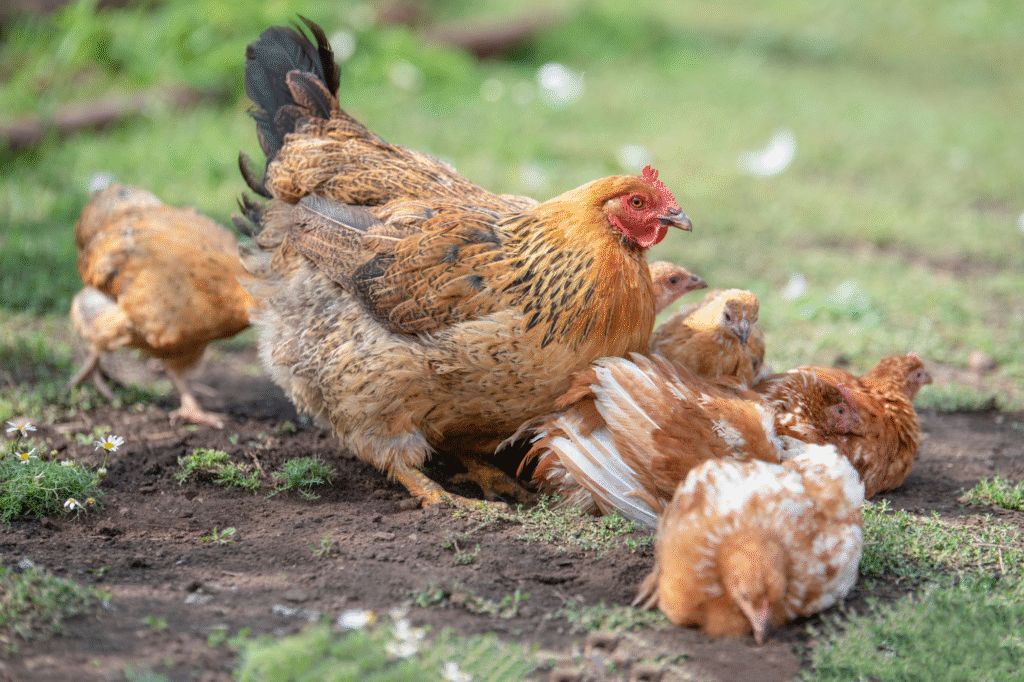
Chickens don’t just walk around and look cute. They scratch, dig, and annihilate everything green. Grass, flowers, mulch beds—gone. If you don’t fence off your entire yard, expect it to look like a dry zone hit by a weed-whacker.
And don’t even try potted plants. They’ll knock them over, dig them out, and dust-bathe in the remains. If curb appeal matters to you, chickens are the fastest way to end it.
9. You can’t go on vacation unless you’ve got a chicken sitter.
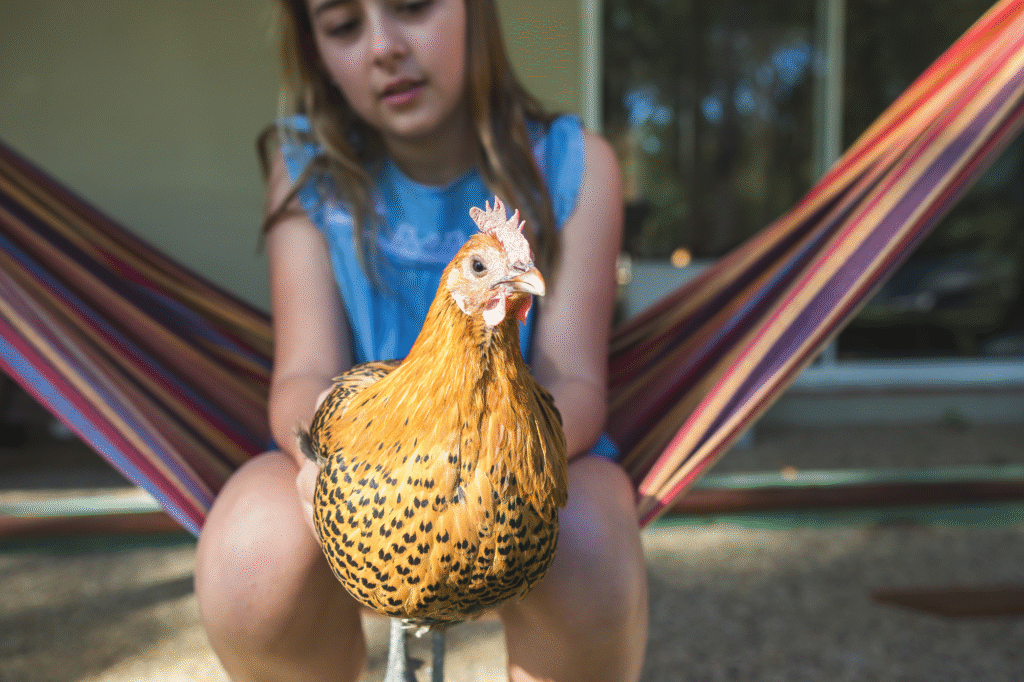
These birds need daily care. Feed, water, egg collection, poop scoop—it never stops. And no, most pet sitters don’t include chickens in their services. That means training someone or bribing a friend every time you want to leave town.
Skip a day, and you’re risking dehydration, heatstroke, or escape. Chickens don’t auto-feed like cats. They’re high-maintenance without the reward of actual cuddles. Planning a getaway turns into a logistical headache no one talks about upfront.
10. Once you have one, you’ll accidentally end up with five.
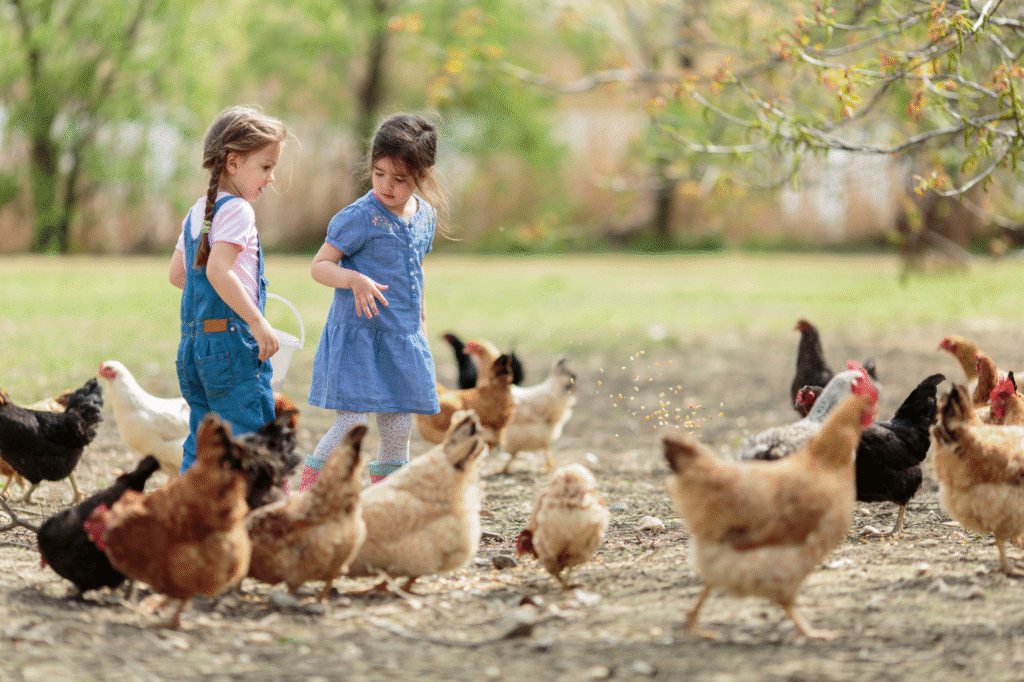
Chicken math is real. You start with one or two, and suddenly a friend offers a “rescue hen” or you spot a cool breed online. Next thing you know, you’ve got a full flock and no clue how it happened.
Every coop gets expanded. Every feed bill multiplies. And every problem scales. It’s like adding houseplants that squawk, shed, and wake up at sunrise. The spiral is fast, and by the time it hits, you’re too deep in feathers to back out.
